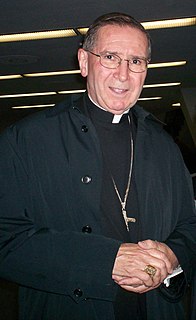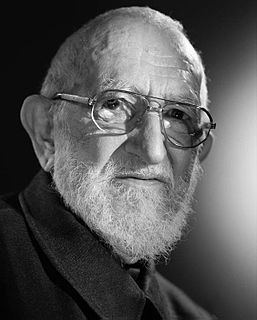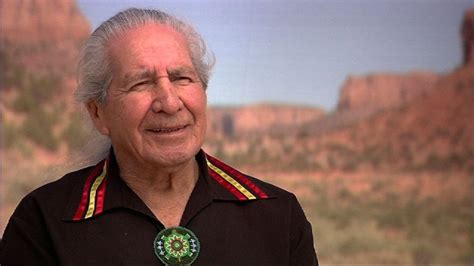A Quote by Roger Mahony
Canon law itself says for one case of guilt, a priest can be dismissed from the clerical state. One.
Related Quotes
Canon law pertains to Catholics. Jewish law pertains only to Jews. But the sharia dictates every basic aspect of human life, asserts its authority over non-Muslims, unlike Jewish law and unlike canon law, which is why they're slaughtering Christians, they're slaughtering secular Muslims across the Muslim world.
Law itself is either suspended, or regarded as an instrument that the state may use in the service of constraining and monitoring a given population; the state is not subject to the rule of law, but law can be suspended or deployed tactically and partially to suit the requirements of a state that seeks more and more to allocate sovereign power to its executive and administrative powers. The law is suspended in the name of "sovereignty" of the nation, where "sovereignty" denotes the task of any state to preserve and protect its own territoriality.
Since the purpose of reading, of education, is to become good, our most important task is to choose the right books. Our personal set of stories, our canon, shapes our lives. I believe it is a law of the universe that we will not rise above our canon. Our canon is part of us, deeply, subconsciously. And the characters and teachings in our canon shape our characters--good, evil, mediocre, or great.
Guilt is imposed by others on you. It is a strategy of the priests to exploit. It is a conspiracy between the priest and the politician to keep humanity in deep slavery forever. They create guilt in you, they create great fear of sin. They condemn you, they make you afraid, they poison your very roots with the idea of guilt. They destroy all possibilities of laughter, joy, celebration. Their condemnation is such that to laugh seems to be a sin, to be joyous means you are worldly.
In a room sit three great men, a king, a priest, and a rich man with his gold. Between them stands a sellsword, a little man of common birth and no great mind. Each of the great ones bids him slay the other two. ‘Do it,’ says the king, ‘for I am your lawful ruler.’ ‘Do it,’ says the priest, ‘for I command you in the names of the gods.’ ‘Do it,’ says the rich man, ‘and all this gold shall be yours.’ So tell me—who lives and who dies?
In New York State they have a strange law that says you can't get a divorce unless you can prove adultery - and it's weird, because the Ten Commandments say 'Thou shalt not commit adultery.' But New York State says you have to. Well, finally, what happened was that my wife committed adultery for me. She's always been more mechanically inclined than I have.





































